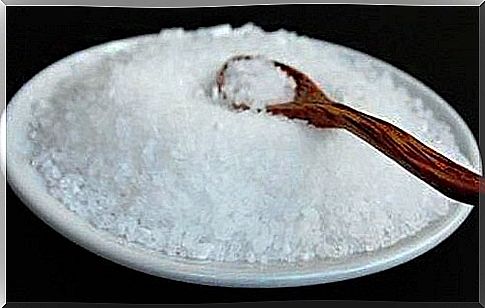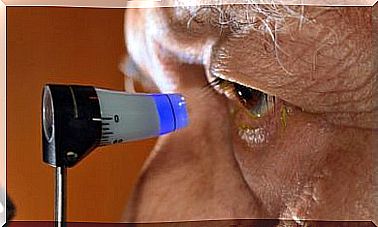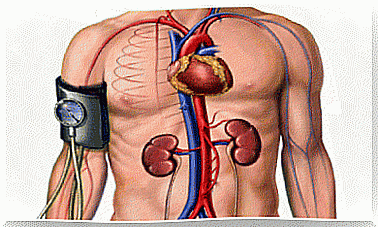Magnesium Deficiency: How To Fight It?

Magnesium deficiency affects many people around the world and worrying few are aware of the extent of the problem. Magnesium deficiency can cause a number of symptoms and health problems, which are often overlooked and confused with other common ailments.
In fact, even doctors and hospitals can overlook the fact that certain diseases and health problems in their patients may be due to a deficiency of magnesium.

Magnesium is an essential mineral needed to survive and after potassium it is the fourth most abundant mineral in the body. In addition to being a mineral, magnesium is also an electrolyte that helps prevent and combat certain health problems, such as muscle cramps.
Electrolytes give you good muscle function so that your heart can beat and your brain can receive various signals and stimuli. Magnesium is an essential mineral when it comes to keeping you alive and in good health.
Therefore, when your magnesium level begins to drop, you may experience a number of symptoms that will lower your quality of life and cause various ailments.
Magnesium is actually involved in more than three hundred different reactions in your body, is a vital nerve transmitter, regulates body temperature, detoxifies your liver and is used to form bones and teeth.
Magnesium also plays an important role in your cardiovascular system because it prevents the formation of blood clots, relaxes the blood vessels and generally reduces your chances of heart problems.
There are “sports drinks” on the market that claim to contain many electrolytes including magnesium, potassium and sodium – three minerals you lose when you exercise and sweat.
Lack of these can later cause muscle cramps and other problems. But the drinks are usually also stuffed with sugars and do not give your body the nutrition that the packaging sometimes promises.

Most people have some signs of magnesium deficiency and all have, to some degree, deficiency of this mineral. The characters are:
- Constipation
- High blood pressure (hypertension)
- Anxiety
- Depression
- Memory difficulties
- Sleep problems
- Muscle cramps
- Chronic back pain
- Headache
- Migraine
- Muscle pain
- Aggressive behavior
- Loss of consciousness
- Tensions
- Anxiety disorders such as OCD
- Chronic fatigue syndrome
- Heart disease
- Arterial fibrillation
- Heartbeat
- Diabetes
- Sudden death in patients with
- Kidney stone

There are many reasons why your body may not get the required amount of magnesium. The first is related to a poor diet, something many of us have today thanks to all that is available in the market. Another reason is the stress you are exposed to in your daily life, environmental pollutants, noise exposure and technology.
The hormones produced by stress require large amounts of magnesium, which reduces the storage of the mineral. Magnesium levels can also be reduced when you consume a lot of sugar because your body requires 54 magnesium molecules to process just a single sugar molecule.
Modern agricultural production techniques and the use of drugs such as birth control pills, antibiotics, cortisone and can further reduce your magnesium levels.
There are several natural ways to increase your magnesium levels in the body. Pay attention to the following advice:
- Eat more foods rich in magnesium.
- Take magnesium-ion drops.
- Use magnesium oil on the skin (this is one of the best ways).
- Take a bath with Epsom salts. This soothing and healthy bath will give you large amounts of magnesium and sulfur, which is ideal for your liver.









